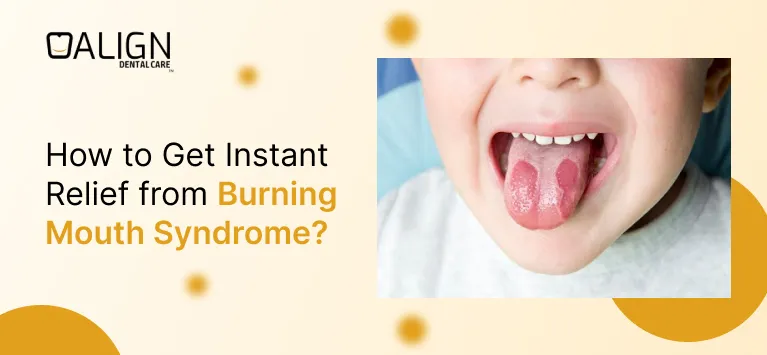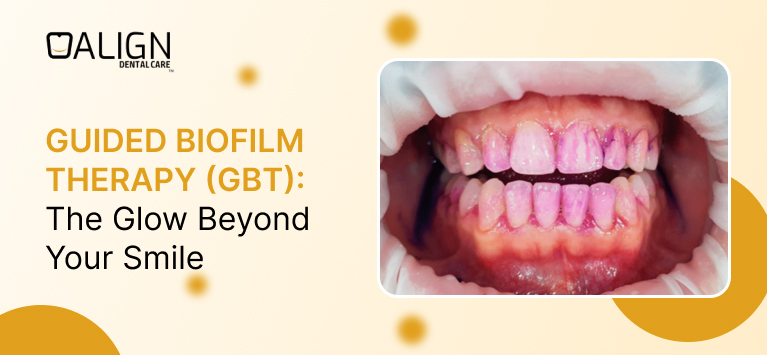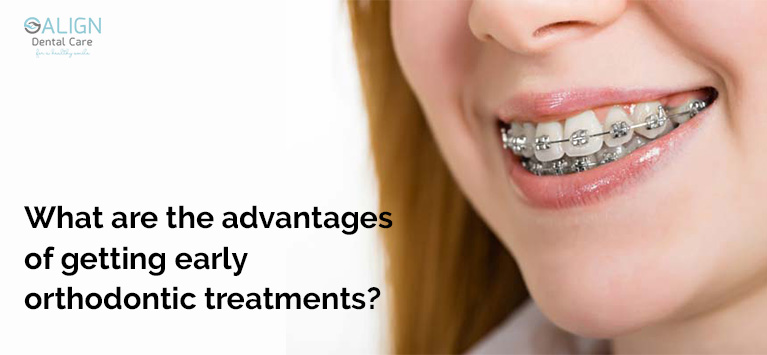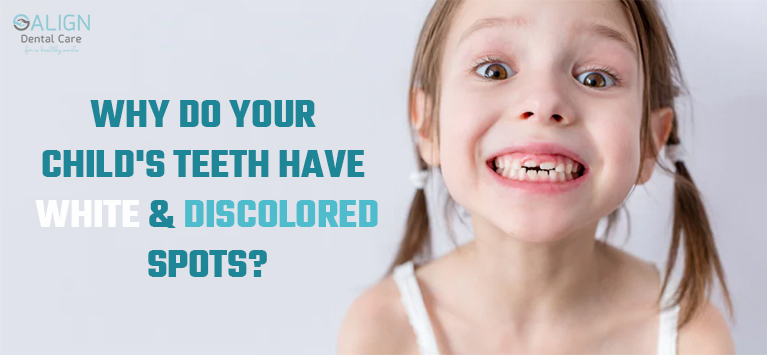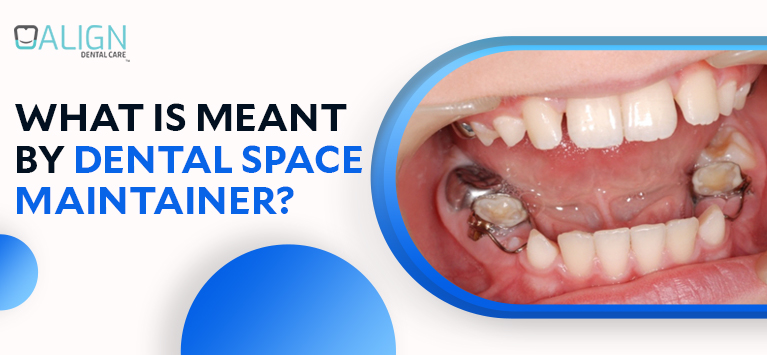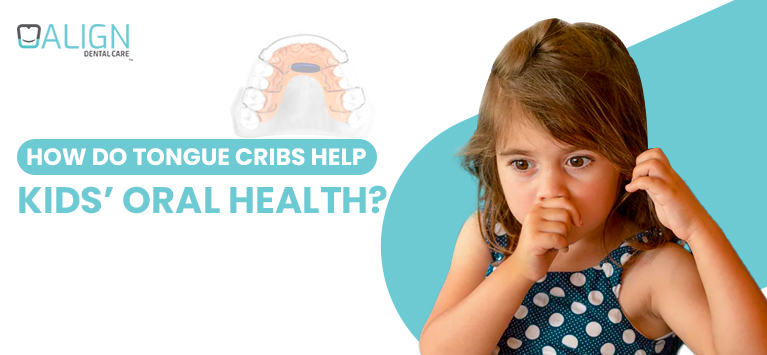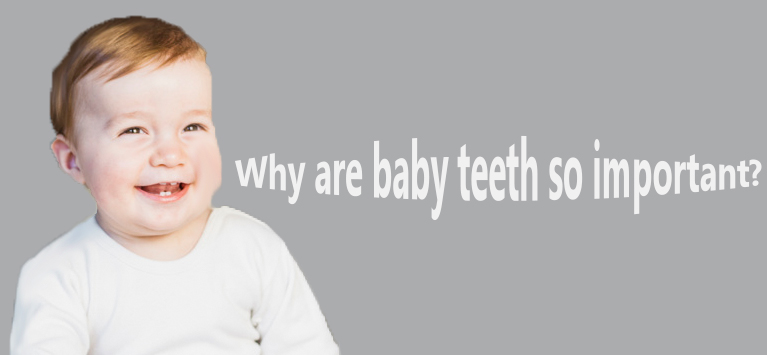
Why are baby teeth so important?
Baby teeth probably start to erupt from around the age of 6 months, and while attaining 3 years of age, most children will have a complete set of baby teeth.
It is normal for people to believe that decay of baby teeth is not an issue as adult teeth can replace them. But baby teeth are vital, they ‘re the structure the adult teeth will grow around.
Decayed baby teeth can lead to pain, inflammation, eating problems, and even sleep. In most babies, the first baby tooth will not fall out until 6 or 7 years of age, and the final baby tooth will not fall out till early teens are too young to suffer from toothache or pain.
For several factors, infant teeth or “milk teeth” play a crucial role in the physical, mental, and social growth of a child. Unfortunately, many parents have the misconception that taking care of baby teeth isn’t important because they finally fall out.
Here are some factors why baby teeth mean a lot to your child:
Overall Nutrition and Health:
Healthy teeth are necessary for chewing; poor decayed teeth can develop a deficiency in nutrition. Non-treated, carious teeth can result in a severe infection that can rapidly spread to other regions of the body like the neck and the brain, where hospitalization is required at that time.
Position and alignment of permanent teeth:
Baby teeth are storage savers that keep space in their proper place and direct the adult teeth. If it is lost prematurely, next to teeth can shift in the open space, creating insufficient room for adult teeth to erupt, leading to impaction or crowding.
Stimulating natural facial bone growth and muscle development:
The permanent tooth bud is also partially responsible for the growth of healthy adult teeth and is close to the baby teeth. If babies with dental caries are left unchecked, the decay expands rapidly in the course of inflammation to the emerging adult tooth and causes permanent damage.
Development of speech:
Presence of baby teeth and correct placement help in the development of correct pronunciation.
Self Esteem:
A missing tooth or decayed teeth may cause a lack of social interaction and confidence.
By avoiding these problems, you can help keep your child’s mouth safe.
- Postponing a ‘well-baby checkup’ or not giving it a priority.
- Allowing kids with a bottle to bed.
- Giving the quantity of a diet rich in sugar.
- Not utilizing X-rays, dental X-rays are a useful tool for identifying dental disorders.
- Shortage of brushing or fail to watch their poor oral habits.
Schedule for regular dental appointments after your first dental visit:
Children should visit their dentist every six months, much like adult regular appointments, unless otherwise advised.
In addition to oral inspection, cleaning, and treatment with fluoride, X-rays may be prescribed based on the high cavity risk. X-rays pose very little risk, as lead protection and digital high-speed films are used to guarantee security and reduce the possibility of radiation to the child.
To minimize your child’s fear about visiting a dentist, educate your child by talking positively, learning, or showing videos regarding the dental visit a few days before the appointment, which will help them be less anxious and more optimistic.






